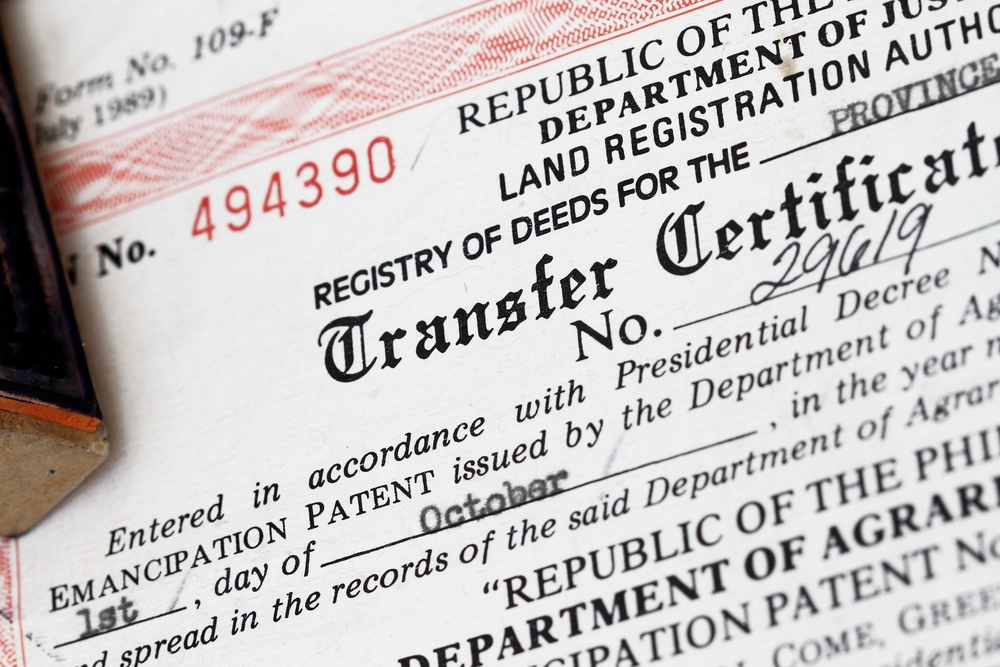Land Titling Service
Land titling, also known as land registration or land title registration, is the process of officially documenting ownership rights to land or real estate properties. The primary purpose of land titling is to establish and maintain a clear and legal record of land ownership, which helps to protect property rights, prevent disputes, and facilitate transactions involving land.
Key aspects of land titling include:
1. Legal Recognition of Ownership: Land titling provides legal recognition of an individual's or entity's ownership rights to a piece of land. It establishes the owner's legal right to possess, use, transfer, and dispose of the land.
2. Title Documents: The process typically involves the creation of official title documents, such as land certificates, deeds, or titles, which serve as legal evidence of ownership. These documents contain detailed information about the property, including its location, boundaries, size, and any encumbrances or restrictions.
3. Survey and Mapping: Land titling often requires surveying and mapping of the land to accurately define its boundaries and dimensions. Surveyors use various techniques to measure and delineate the boundaries of the property, ensuring its precise identification and description.
4. Government Registration Land titling usually involves registering the title documents with a government authority responsible for land administration or land registry. This registration process creates a public record of property ownership and provides official recognition of the registered owner's rights.
5. Title Assurance and Security: Land titling provides assurance and security to property owners by establishing a clear and indisputable legal title to their land. It helps to prevent unauthorized claims, encroachments, or disputes over land ownership, reducing the risk of litigation and property loss.
- Transaction Facilitation: Having a registered title facilitates various transactions involving land, such as sales, purchases, leases, mortgages, and transfers of ownership. Potential buyers or lenders can verify the ownership status and legal status of the property before entering into transactions, promoting confidence and transparency in real estate transactions.
- Economic Development: Land titling is essential for promoting economic development and investment in real estate. It enhances the marketability and value of land, encourages property development and investment, and stimulates economic growth by providing a secure and predictable environment for property rights.
- Land Use Planning and Management: Land titling supports effective land use planning, management, and administration by providing accurate and up-to-date information about land ownership and use. It enables governments and planners to make informed decisions regarding land allocation, zoning, infrastructure development, and environmental conservation.
Overall, land titling plays a crucial role in establishing and protecting property rights, promoting economic development, and ensuring efficient and sustainable land administration and management. It is a fundamental component of a well-functioning land tenure system and legal framework for real estate ownership and transactions.

